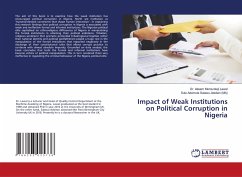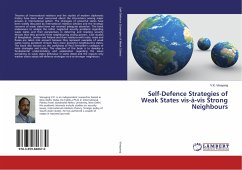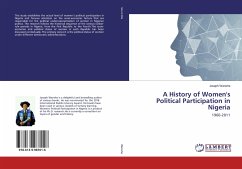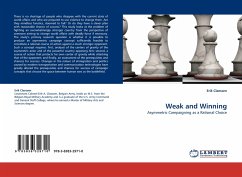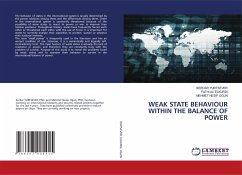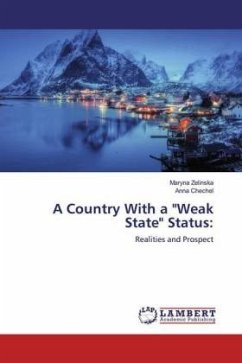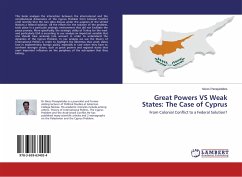The aim of this book is to examine how the weak institution has encouraged political corruption in Nigeria. North see institution as 'humanly-devised constraints that shape human interaction'. In explaining this research findings that political corruption in Nigeria is associated with weak and ineffective formal and informal institutions. The Nigerian political elite capitalised on ethnoreligious differences of Nigeria in manipulating the formal institutions in attaining their political ambitions. Tribalism, religious sentiment that promote primordial tribal/regional loyalties rather than national identity and political godfatherism played a huge role in the manipulation of the formal institutions that impacted negatively in the discharge of their constitutional roles that allows corrupt practice to continue with almost absolute impunity. Grounded on data analysis, the book concludes that both the formal and informal institutions have become victims of political manipulation. This in turn rendered them very ineffective in regulating the criminal behaviour of the Nigeria political elite.
Bitte wählen Sie Ihr Anliegen aus.
Rechnungen
Retourenschein anfordern
Bestellstatus
Storno

